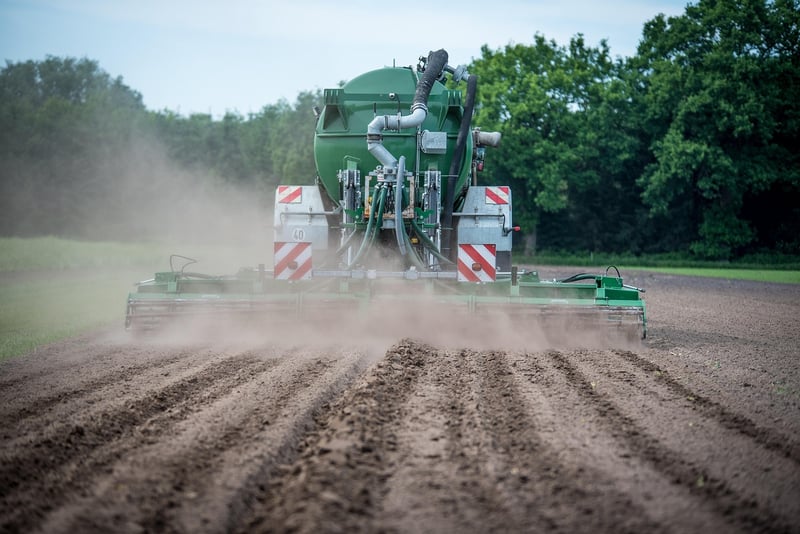Fertilization
The Importance of Fertilization for Ensuring Plant Health
Plants, like any living organism, require essential nutrients to thrive and grow. While soil naturally contains some of these nutrients, frequent harvesting and other environmental factors can deplete the soil of its essential elements. This is where fertilization plays a crucial role in ensuring plant health and promoting optimal growth.
Why is Fertilization Important?
Fertilization is essential for replenishing the nutrients in the soil that plants need for their growth and development. These nutrients include nitrogen, phosphorus, potassium, and other micronutrients that are vital for various plant functions.
The Benefits of Fertilization
- Improved Growth: Proper fertilization provides plants with the necessary nutrients to grow faster and healthier.
- Increased Yield: Fertilized plants tend to produce higher yields of flowers, fruits, and vegetables.
- Resistance to Pests and Diseases: Well-fed plants are better equipped to defend themselves against pests and diseases.
- Enhanced Flowering: Fertilization can promote more abundant and vibrant flowers.
- Overall Plant Health: Regular fertilization leads to stronger and more resilient plants.
Types of Fertilizers
There are various types of fertilizers available, including organic and synthetic options. Organic fertilizers are derived from natural sources such as compost, manure, and bone meal, while synthetic fertilizers are chemically manufactured to provide specific nutrient ratios.
How to Fertilize Plants
When fertilizing plants, it's essential to follow the instructions on the product packaging to avoid over-fertilization, which can harm plants. Additionally, consider factors such as the plant type, growth stage, and existing soil nutrients when choosing a fertilizer.
Conclusion
Overall, fertilization is a critical component of plant care that directly impacts their health and productivity. By understanding the importance of fertilization and choosing the right fertilizers for your plants, you can promote lush growth, vibrant blooms, and strong resistance to environmental stressors.

Remember, a well-fertilized plant is a healthy plant!
